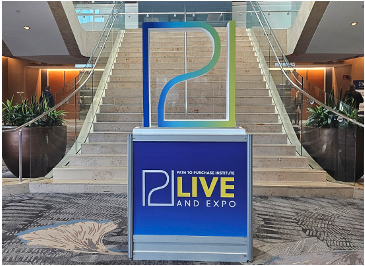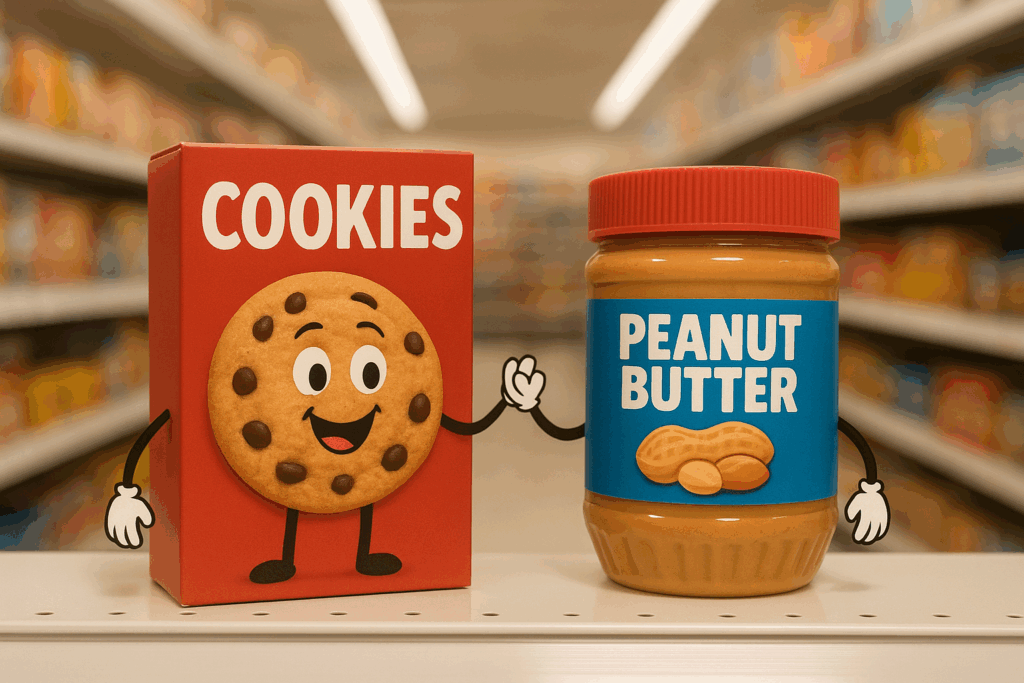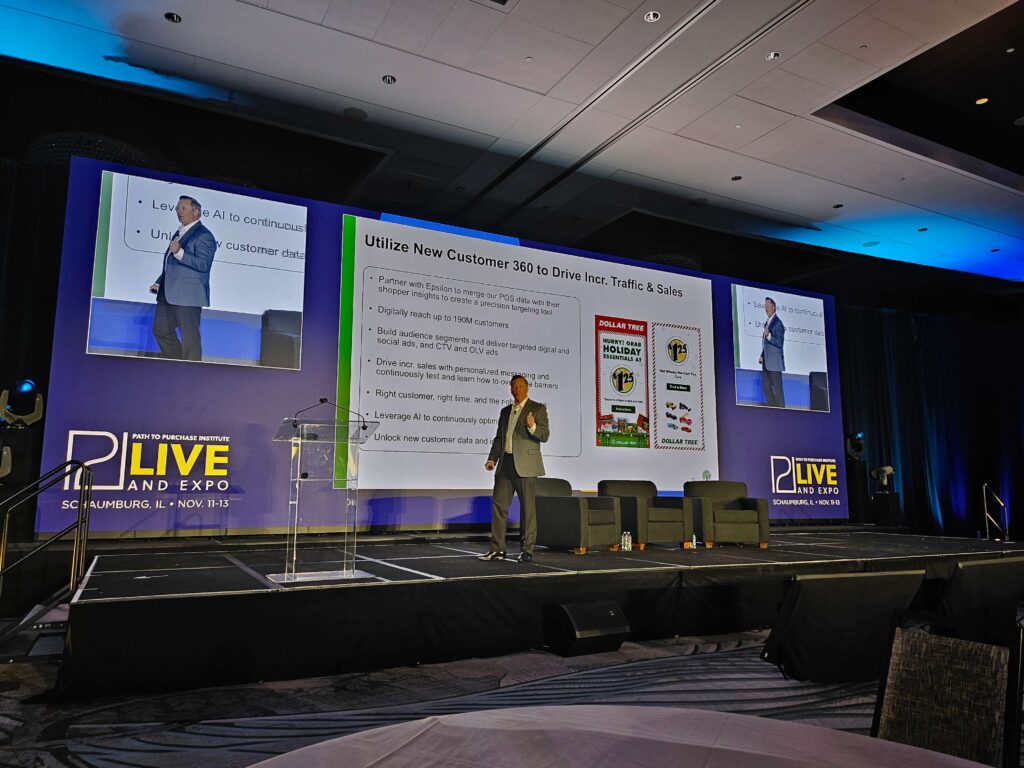Six takeaways from Cannes Lions 2025 all point to the same conclusion: commerce marketing continues to thrive
By Rob Rivenburgh, Publicis Commerce
I made my first trip to the Cannes Lions Festival of Creativity last month. I came away impressed, energized, and excited about the future of commerce.
As a first timer, I wasn’t quite sure what to expect at Cannes. It’s certainly overwhelming — the size, the scale, the number of people — the diversity of thinking as well. The magnitude alone leaves a lasting impression.
And while there are moments when the event may seem like a boondoggle as you sip rosé on the beach (especially when I’d rather have a beer), most attendees are there to work. I spent my very-long days meeting with clients, participating in thought leadership panels, evaluating Cannes Lions awards entries, and simply talking to my fellow commerce marketers about the state of the industry and where we are heading. Here are my takeaways.
1. Creativity is alive and well.
There are times when you forget that most of us are in this business for the creativity, to create compelling ideas that will change brand perception or shopper behavior and drive product purchase. You can lose sight of that when you’re focused on the business and don’t get involved in the creative process on a regular basis (or, frankly, when you start worrying too much about algorithms and ad clicks).
Being immersed in the Cannes environment is inspiring and energizing. Experiencing the Commerce Lions awards program was especially motivating. It left me proud of this discipline and the importance it has earned within the advertising community.
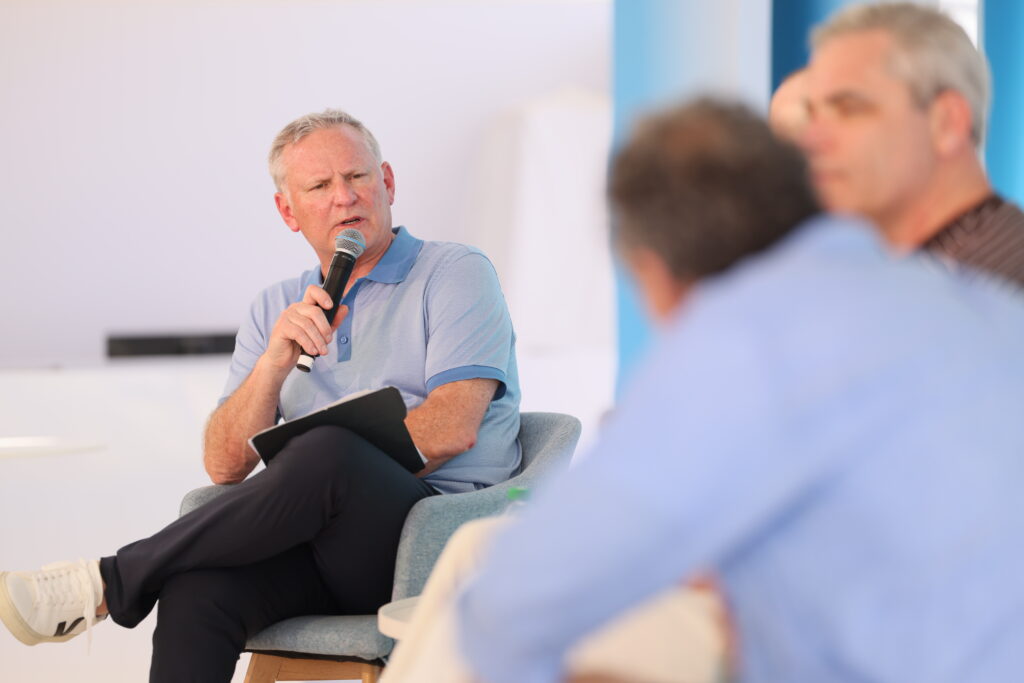
2. Commerce is now everywhere.
Our mantra at Publicis Commerce is that every brand experience is a commerce experience. That concept was clearly present within the advertising community at Cannes, where so many conversations centered on the convergence of content, media, and commerce. My personal KPI has always been “SMS” — sell more stuff — and that kind of thinking is becoming commonplace.
3. Creators have become fundamental.
They now are a vital, growth-driving aspect of the marketing mix because they enable brands to get into the conversation with their fans — not consumers but “fans,” because creators can take engagement to that higher level.
4. Artificial intelligence is pervasive.
AI has moved well beyond the buzzword stage of previous festivals (from what I was told). I heard numerous case studies of AI applications that have driven real business results. I don’t think I had a single conversation that didn’t mention AI — and particularly agentic AI.
5. Cautious optimism is the prevailing sentiment.
Most marketers sounded realistic rather than pessimistic. They’ve accepted the uncertainty of the current economic environment but are viewing it as an opportunity instead of a setback. Budget scrutiny is assuredly top of mind and CFOs are much more involved in spending discussions. The value of every dollar needs to be proven.
But that’s a good watchout for all of us, especially at Cannes where we were celebrating creativity. You can’t just don’t fall in love with a great creative idea or a unique activation. You have to ensure that the “big idea” will ultimately deliver real business results in both the short and long term.
There is still a desire to find innovation, but it’s predicated on driving outcomes with everything that you do — whether it’s a pilot, a test & learn, or a new point solution, it must deliver a return on investment.
6. Success demands orchestration.
I heard a lot about siloed functions and other barriers to internal alignment. One quote that I’ll now use forever is, “Your organization chart should not show up in your media plan.” Unified commerce isn’t just needed at the front end to deliver a holistic experience throughout the shopper journey. It also requires back-end business synchronization at agencies and brands through ecosystems that will seamlessly integrate those two partners.
I’ve been hearing about siloes for most of my career, of course. That’s why I was proud to be attending Cannes with so many of my colleagues at Publicis Groupe, where we’ve been proving the impact of orchestration through our “Power of One” collaborative operating model. While other organizations continue to struggle with the complexity of siloes and work handoffs, we’re unlocking more collective power by aligning across agencies and capabilities. I think that has been evident through some of the new partnerships we’ve earned recently.
With takeaways like that, I think it’s safe to say that my first trip to Cannes won’t be the last. I’m already looking forward to being inspired about the future of commerce all over again next year.
About the Author
Rob Rivenburgh is CEO of Publicis Commerce, where he leads all business operations and growth initiatives for a quartet of leading commerce marketing companies in the Publicis Groupe family.
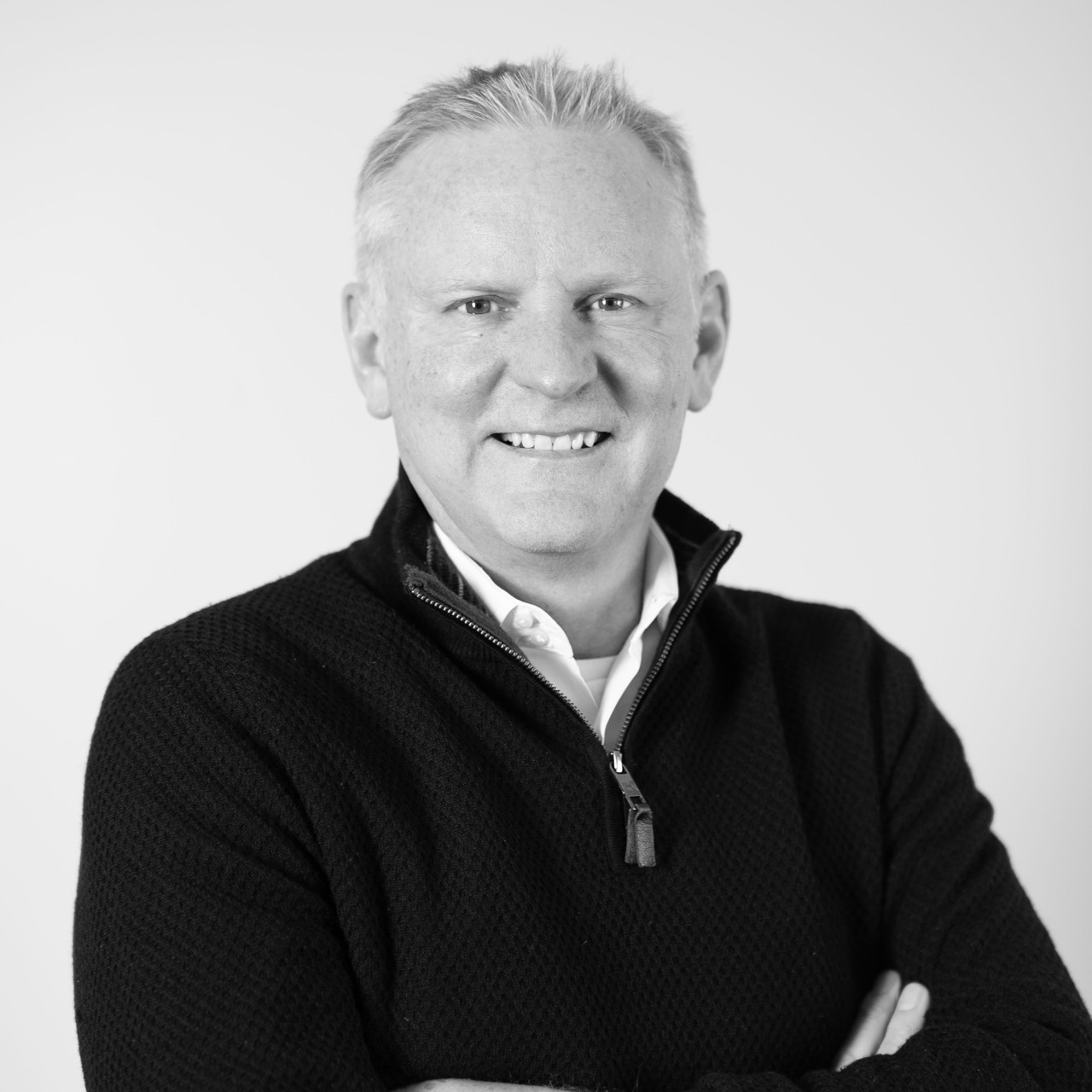
A 35-year commerce marketing veteran, Rob has worked with and alongside Fortune 500 companies across the corporate, client and agency sides of the industry. In his 20-plus years at Mars United Commerce, he held multiple positions of increasing scope before becoming Global CEO, initially leading the development and deployment of the industry’s first field-based network of retail consultancy hubs — starting with an office in Bentonville, Arkansas, where he built a deep, game-changing relationship with Walmart. Before joining Mars United, he served in various marketing and sales roles at Nestlé USA and Diageo.
Rob has long been recognized as a leader in commerce marketing through his efforts to establish industry best practices by working with organizations such as Path to Purchase Institute, Effie Worldwide and the ANA.

